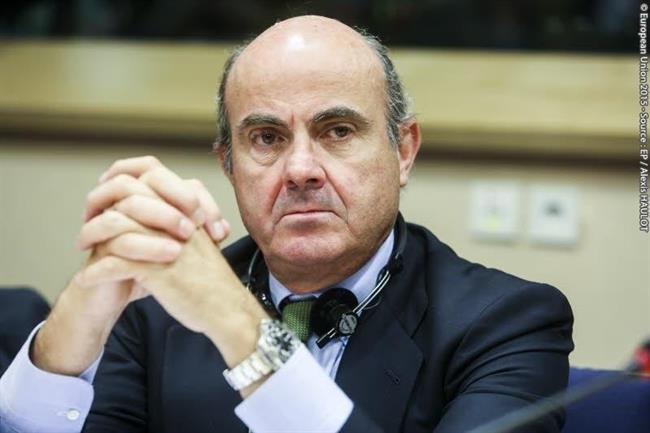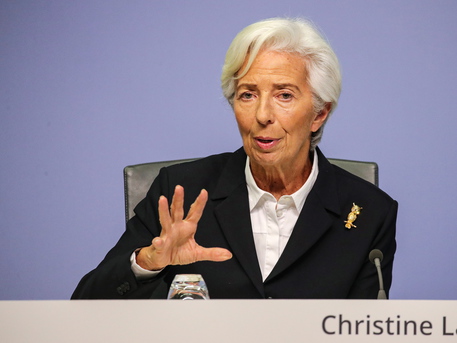Treaty of Finisterre
-

"Thanks for your questions Ms. Saether. First of all I need to say I'm very happy to see everybody is supporting the Treaty and that's a really possitive thing. Now, as said in Article 4, Section 2, subsection A, "The Bank of Europe will be considered as the central bank of all the signatory states". Still, subsection B allows to keep the central bank in our countries, so the functions that the Fremetian Central Bank does could perfectly continue under orders of the Bank of Europe.
With that said, we have mostly all opinion over the table and we have answered the questions that have been made. Is there something else someone would like to add or shall we consider this meeting as finished and, as a consequence of that, is the Treaty ready to be signed by the Prime Ministers?"
-

"Europe Should Unify, Not Split Up. The EMU is supposed to advance European unification. The Prime Minister and Her Majesty's Government endorse this treaty, and will sign it. This is a great advance for our unity. I also think that all opinions and arguments had been set out clear. Let's proceed."
-
Treaty of Finisterre - The End
The day after, the Presidents, Prime Minister and Archbishop met in Finisterre to sign the Treaty of Finisterre. There were some smily faces, as many media interested on the event. Guided by the Galician President, Alberto Núñez Feijóo, the Heads of Governments entered the Castle and headed to the room where, the day before, the Finances or Economics Ministers from the signatory nations had discussed the Treaty conditions and thought hard to get a satisfactory Treaty for all.
The Heads of Government signed the Treaty and took some photos together. The Treaty of Finisterre had been signed, and this was the start of co-operation between many nations with important tights. The mission was accomplished.
-
We the United Duchies apply for membership of the treaty of Finisterre with a view to potentially introducing the EMU into the United Duchies. We as major trade partners of both Spain and Inquista feel this is in the interests of both Finisterre Treaty and United Duchies by reducing barriers further between our nations and increasing stability into the market by removing conversion issues. We also believe we are a strong candidate having a stable highly industrialised economy with conservative financial governance operating on a policy of focusing on almost always running a surplus in public finances and preventing a debt build up in the public sector. We have low inflation averaging around 1-2% per annum . We believe this fiscal conservatism fits well with the philosophy of the EMU zone. We look forward to your response.
John Peter Key, Prime Minister of United Duchies
 The Kingdom of Spain
The Kingdom of Spain